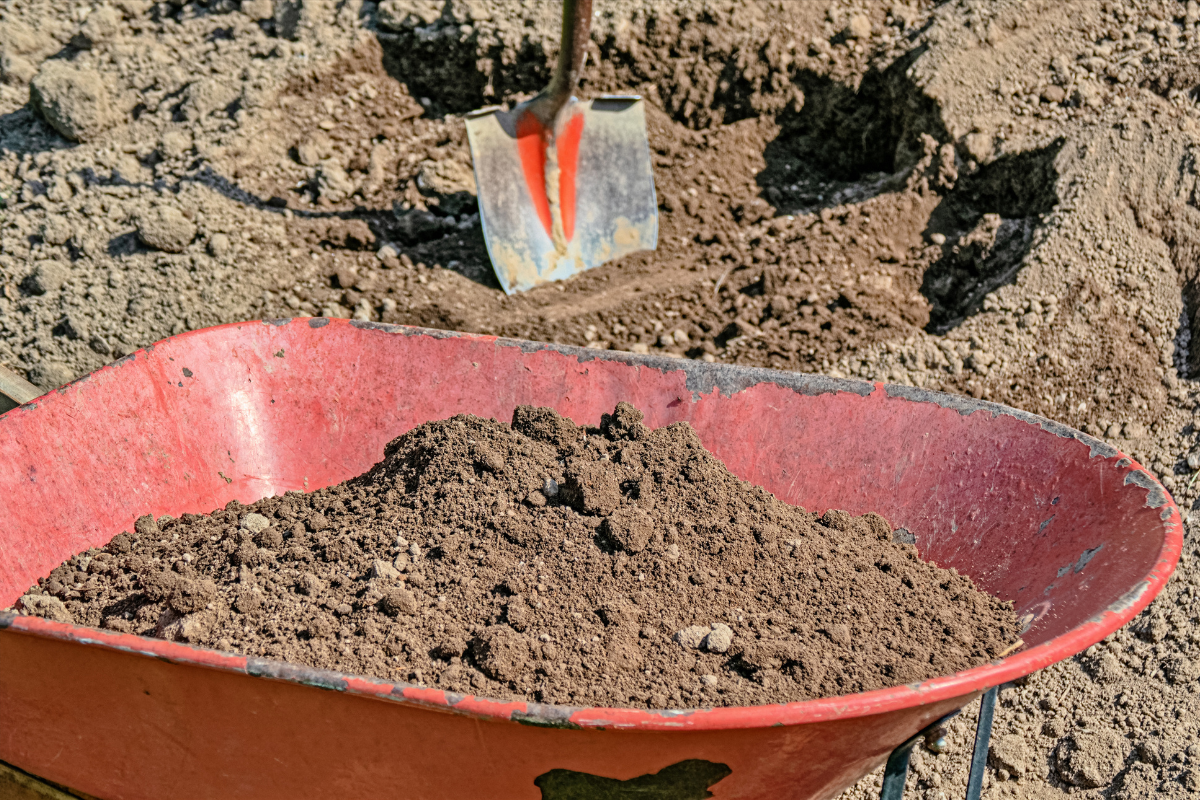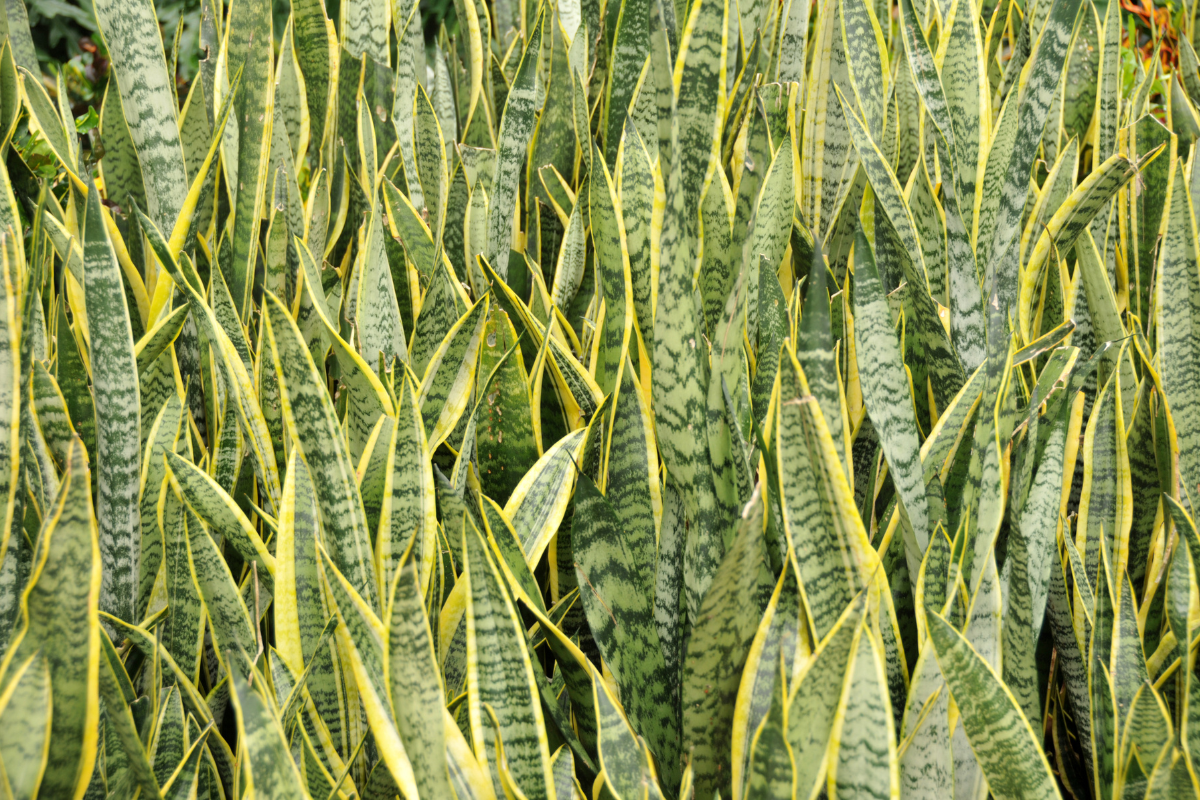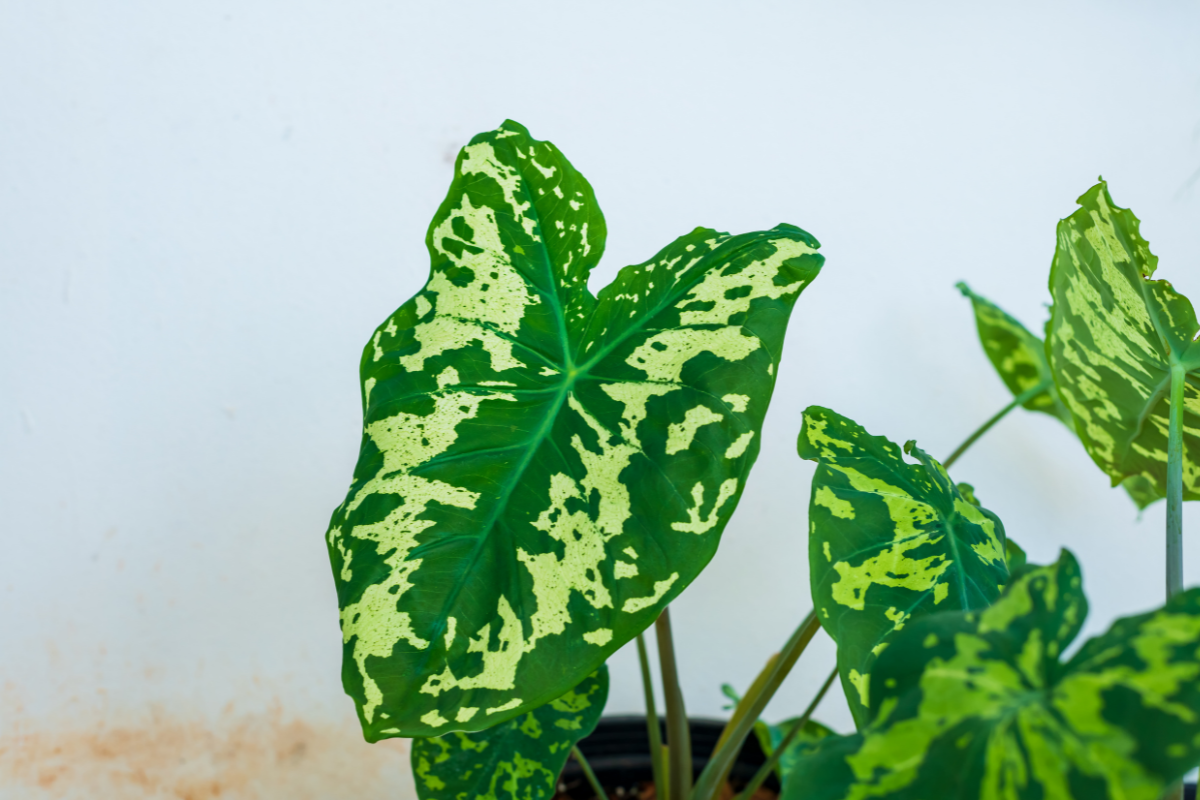Choosing the right type of soil can be hard, especially if you’re new to gardening.
In this post, we’ll break down the characteristics and benefits of each type of soil.
Let’s explore the differences between top soil vs garden soil
Table of Contents
What is top soil?
Topsoil is the uppermost layer of soil, usually between 5-10 inches thick.
It’s typically darker in color and has a higher concentration of organic matter than subsoil layers.
This makes it nutrient-rich, which is why it’s often used for planting gardens or lawns.
The composition of topsoil can vary widely depending on the location and source of the soil.
Generally, topsoil contains a mixture of sand, silt, clay, and other organic matter such as decaying plants or animal remains.
It is an excellent foundation for growing healthy plants as it has all the essential nutrients and minerals they need.
Characteristics of top soil
- They are exposed to natural elements like wind and water over time which makes them suitable for fruits, vegetables, and other plants.
- They are high in nutrient content, which provides essential minerals and organic matter for their growth.
- The soil is loose, easily crumbles, and is a little sticky due to the presence of sand particles mixed with silt and clay. This lets roots penetrate easily into the soil and also provides good drainage.
- It generally has a dark brown color because it contains decaying organic matter such as dead leaves or grasses that enriches the soil’s nutrients even further.
- It also holds moisture well which helps prevent plants from drying out during summer.
What is a garden soil?
Garden soil is specifically composed for use in gardening.
It is often a mixture of natural materials such as peat, compost, sand, and topsoil.
Garden soils are rich in nutrients and fertile. This helps the plants have better roots and produce healthy fruits and vegetables.
They have a great ability to hold moisture. It can hold onto water longer than other types of soil. This helps plants maintain consistent hydration levels even during hot weather conditions.
It also contains organic matter like humus which provides essential nutrients for plant growth.
Characteristics of garden soil
- Garden soil has a loose, and porous texture to it which is great for good drainage and air circulation around the roots.
- This helps to prevent water-logging, which can lead to root rot.
- They are generally free from contaminants like pesticides or heavy metals and rich in organic matter.
- Unlike topsoil, garden soil has added nutrients and organic matter to help plants grow healthy. They are often mixed with materials such as compost or peat moss, which helps improve water retention and drainage.
Difference between top and garden soil
Top soil is naturally found, while garden soil is particularly created for use in gardening.
Top soil is heavier and coarser than garden soil, making it great for filling holes or leveling out uneven areas.
On the other hand, garden soil is lighter and softer because they contain more organic matter such as composted leaves or manure.
Another difference between them is their natural nutrient content. Though both soils have essential nutrients like nitrogen, phosphorus, potassium, etc., the ratio of these nutrients varies significantly depending on where you get your topsoil from.
But garden soils have all these nutrients in a balanced ratio for better growth.
Since topsoils are taken from the ground, they can contain weed seeds and require extra attention when planting specific crops. But garden soils are resistant to weeds, pests, and other organisms.
Which is best for your plants
While both top soil and garden soil have their own pros and cons, choosing which one to use for your next gardening project depends on your expectations, location, and various other factors
If you’re looking for soil to level out your lawn or fill some uneven spots in your yard then go for topsoil. However, if you want soil that is tailored specifically for gardening with less hassle then go for Garden Soil instead.
Regardless of your choice, always remember that healthy plants require more than just good-quality soil. They need adequate water, sunlight, love, and care.
So, take some time to find what type of plants grow well in your area, their care requirements, the type of soil they need, and other factors before jumping to a conclusion.



